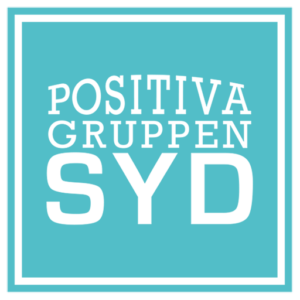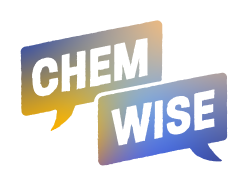Quick Facts 
Addiction is now recognized as a disease that significantly impacts brain function. It is characterized not only by a compulsion to use a substance or engage in certain behaviors but also by chronic changes to the brain’s reward system. These changes impair an individual’s ability to control impulses and make decisions, making it challenging to stop despite negative consequences.
ICD-10 Criteria for Addiction
- Strong desire or compulsion to use a substance.
- Impaired ability to control consumption.
- Continued use despite harmful effects.
- Prioritizing substance use over other responsibilities.
- Increased tolerance levels.
- Experiencing withdrawal symptoms.
How Addiction Develops
Addiction often arises from a mix of genetic vulnerability, environmental factors, and exposure to substances or behaviors that stimulate the brain’s reward system. Dopamine, a neurotransmitter that regulates pleasure and reward, plays a central role. Repeated exposure to substances or behaviors leads the brain to adapt, requiring larger quantities to achieve the same effect.
Attachment Theory and Addiction
Attachment theory, introduced by John Bowlby, explains how early relationships shape emotional regulation and stress management. A secure attachment fosters resilience, while insecure attachments, such as avoidant or ambivalent types, may increase the likelihood of turning to external coping mechanisms, including substance use. Individuals with insecure attachments may struggle with trust and emotional regulation, increasing vulnerability to addiction.
Trauma, Genetics and Environment
Childhood trauma, genetic predisposition, and environmental factors all contribute to addiction risk. Unaddressed emotional distress and a lack of healthy coping mechanisms often lead individuals to seek relief through substances or risky behaviors. Early intervention and comprehensive treatment addressing both trauma and addiction can improve outcomes.
💊 Addiction and Dependency
AA (Alcoholics Anonymous)
Looking for support to manage alcohol addiction? AA holds regular meetings in Malmö and other locations across Skåne. Their 12-step program offers guidance and support for living sober alongside others with shared experiences.
👉 Website: www.aa.se
NA (Narcotics Anonymous)
Struggling with drug addiction? NA hosts meetings where you can connect with others who have faced similar challenges. Together, participants share experiences and motivate one another on their recovery journey.
👉 Website: www.na.org
Maria Malmö
This service supports young people up to 25 years old dealing with alcohol or drug problems. They provide advice and assistance to both youths and their families.
📞 Phone: +46 40-33 71 70
AVB Rehab
Structured outpatient treatment for alcohol, drug, and gambling addiction.
📞 Phone: +46 40-43 77 67
👉 Website: www.avbrehab.com
Sources
- National Institute on Drug Abuse (NIDA) – The brain’s response to addiction.
- American Psychiatric Association – DSM-5 diagnostic criteria for addiction and substance use disorders.
- ICD-10 World Health Organization (WHO) – Diagnostic criteria for addiction (ICD-10).
- Public Health Agency of Sweden (Folkhälsomyndigheten) – Information about risky use, substance abuse, and addiction in Sweden.
- Bowlby, J. (1988). A Secure Base: Clinical Applications of Attachment Theory.
- Van der Kolk, B. A. (2014). The Body Keeps the Score: Brain, Mind, and Body in the Healing of Trauma.
- Alcoholics Anonymous Sweden – AA.
- Narcotics Anonymous – NA.
- Maria Malmö – Local support services for young individuals with substance use issues.
- Volkow, N. D., Koob, G. F., & McLellan, A. T. (2016). Neurobiological Advances from the Brain Disease Model of Addiction, New England Journal of Medicine.


